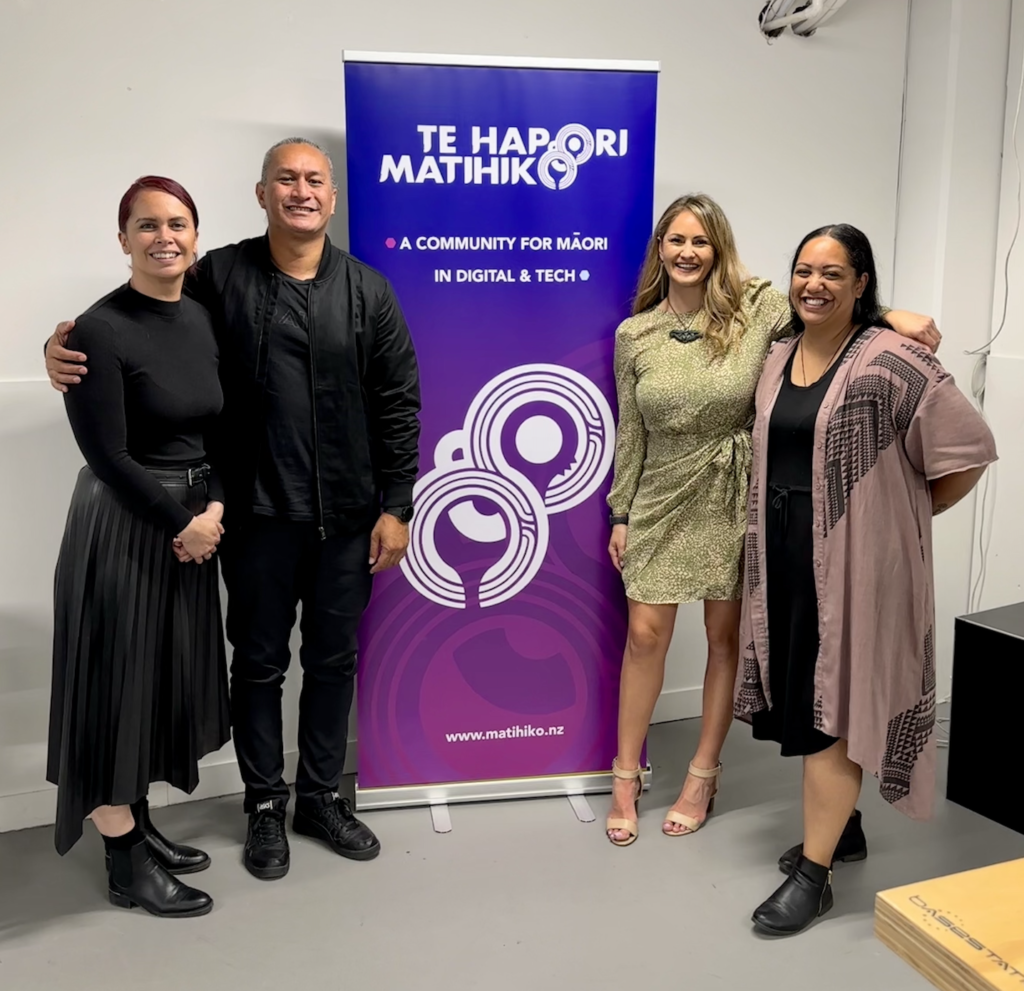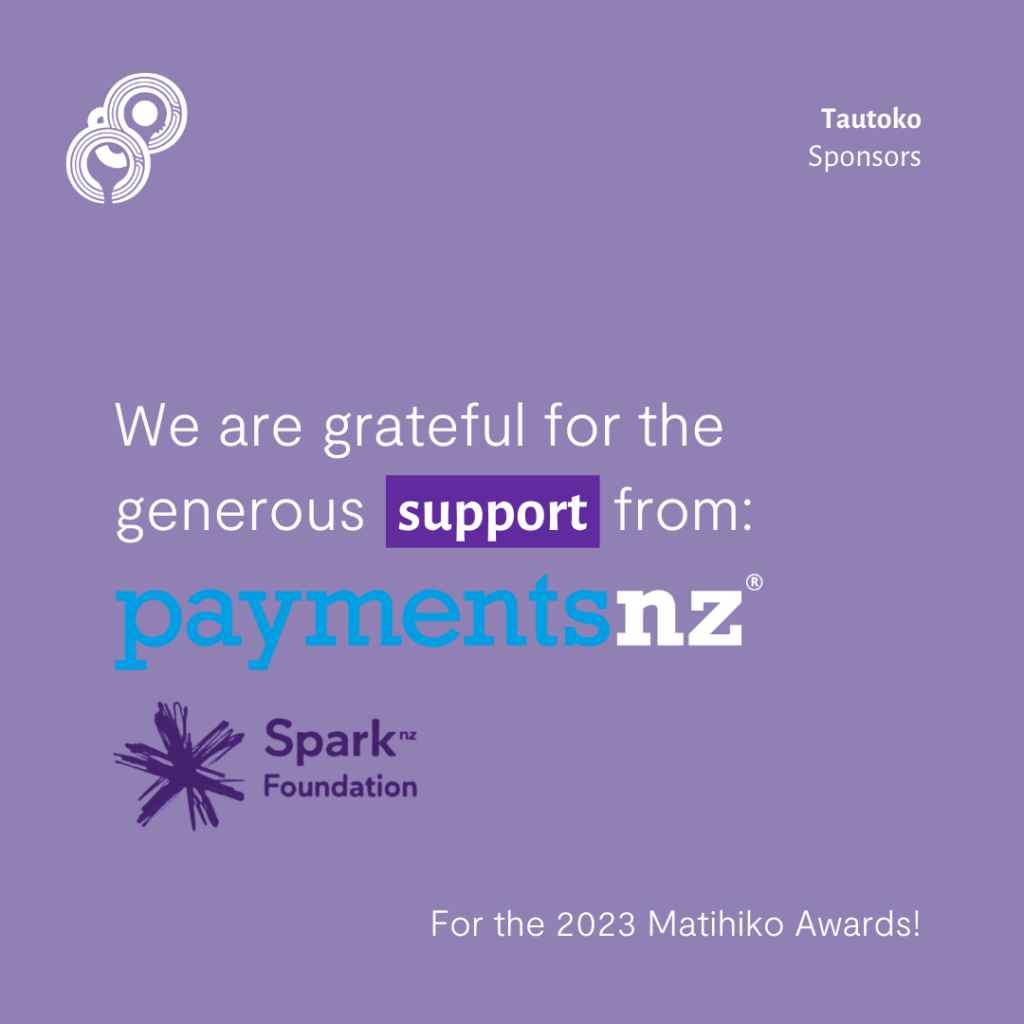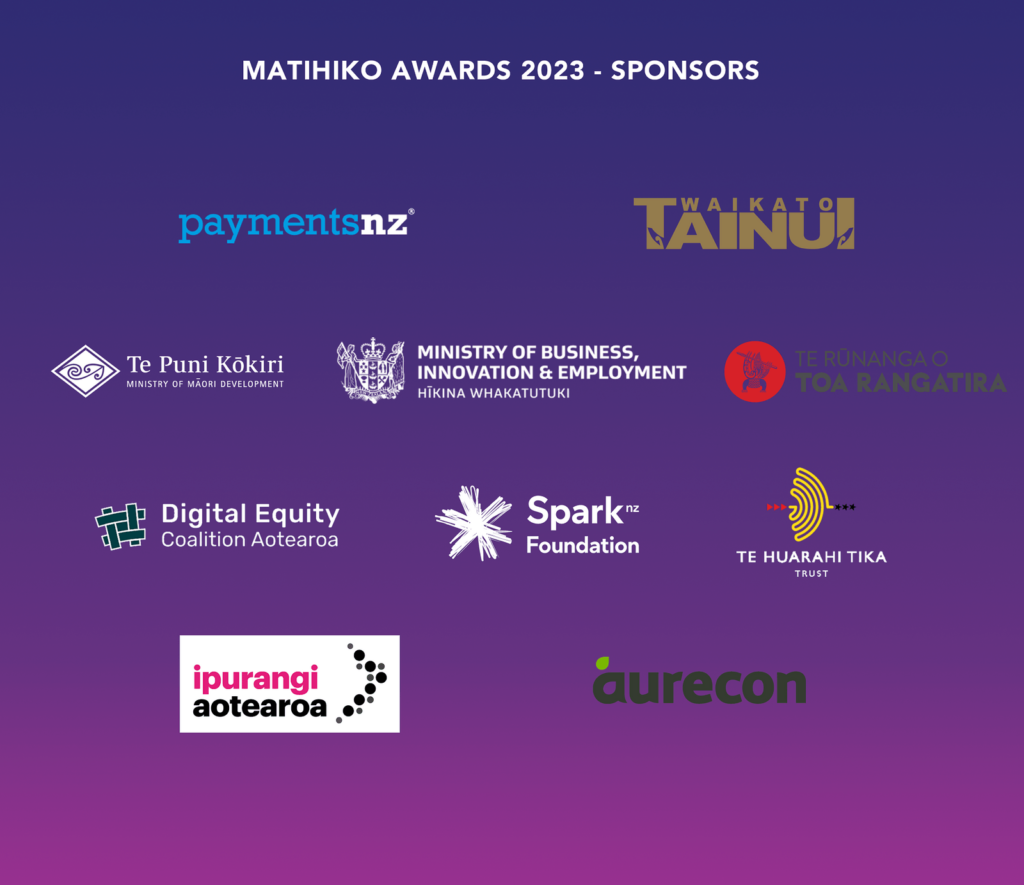During our recent Mātauranga session, “Tikanga Māori ki te ao Matihiko,” we delved into Te Tumu Paeroa’s partnership with Microsoft and their approach to Māori data sovereignty. Ruth Russell, CIO of Te Tumu Paeroa, and Dan Te Whenua Walker, Partner Development Manager at Microsoft Australia & NZ, shared insights into their collaboration and the principles guiding their data management practices.
Key Insights and Discussions
- Māori Data Sovereignty Framework
Ruth Russell explained how Te Tumu Paeroa’s decision to anchor tenancy at the Microsoft New Zealand North Data Centre was influenced by their Māori Data Sovereignty framework. This framework prioritises the protection and control of Māori data, ensuring it aligns with Māori cultural values and legal requirements. Russell noted: “We have clear guidelines to ensure that Māori data sovereignty principles are embedded in our data management and storage practices.”
- Data Classification and Management
The session highlighted the importance of proper data classification. Te Tumu Paeroa uses three main categories: Tāpu, Noa, and Open/Closed. Russell described the process: “We classified information into Tāpu and Noa to ensure appropriate handling. This helps in making decisions about data retention and access.” For example, security keys are classified as Closed due to their sensitivity, while culturally significant data is managed with additional care.
- Data Repatriation
Russell discussed the challenges and strategies related to data repatriation. Repatriation involves bringing data back to New Zealand or ensuring it remains within the country. She stated: “Repatriation can be straightforward or complex, depending on the technology used and the data’s nature. We work closely with vendors to ensure compliance with Māori data sovereignty principles.”
- Cloud Data Security
Dan Te Whenua Walker addressed concerns about data security and sovereignty within Microsoft’s infrastructure. He reassured participants: “Microsoft’s data centres encrypt data at rest and adhere to strict security protocols. No data stored will be used to train AI, ensuring privacy and protection.” The encryption and security measures are designed to safeguard Māori data, even if legal frameworks such as the Patriot Act pose potential risks.
- Environmental and Sustainability Considerations
Walker elaborated on the environmental benefits of the data centre: “Our data centre utilises renewable energy and incorporates sustainability practices. We aim for a net positive impact on the environment.” This commitment aligns with broader sustainability goals and reflects the values of Te Tumu Paeroa and Māori communities.
- AI and Data Usage
Concerns about AI using Māori data were addressed. Walker clarified: “Microsoft does not use data from Te Tumu Paeroa to train AI. Our systems use encrypted data and maintain strict guidelines to protect privacy.”
Russell added that they have implemented guidelines to prevent the misuse of AI, including restrictions on generating Māori art or cultural data.
Closing Thoughts
The session concluded with a call to continue open dialogue and collaboration. Russell and Walker emphasised their willingness to share knowledge and refine practices based on community feedback: “We invite continued engagement and feedback to ensure we’re upholding Māori data sovereignty and improving our practices.”
Overall, the discussion underscored the importance of integrating Māori cultural values with modern technology, ensuring that data management respects and upholds Māori principles.



